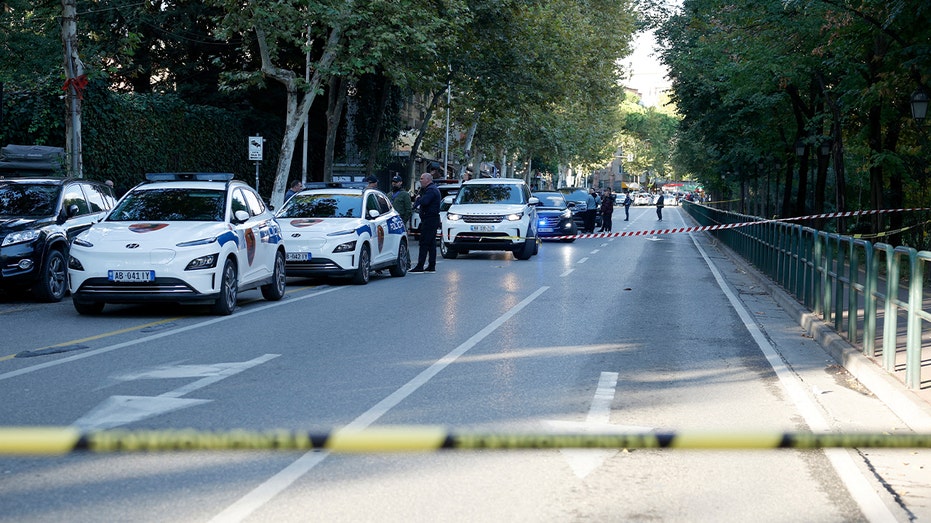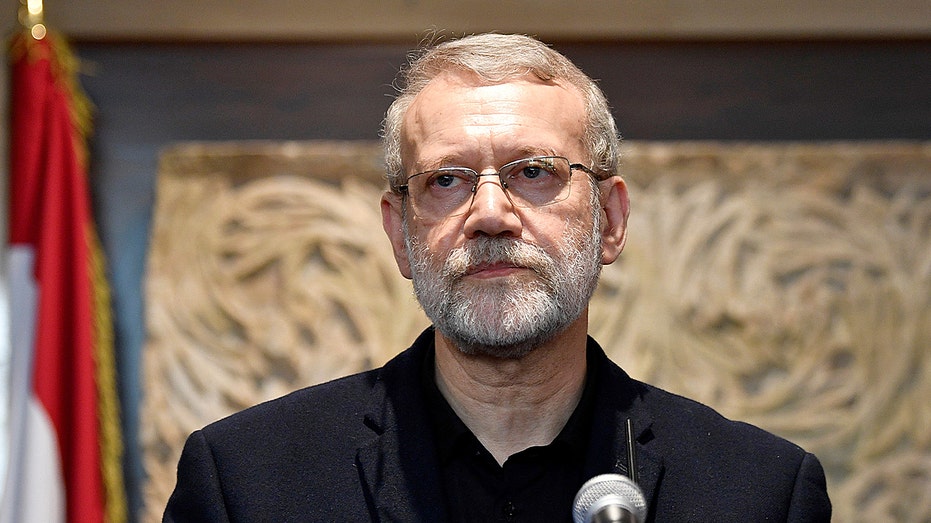According to the International Commission of Jurists, Albanian Appeals Court Judge Astrit Kalaja was shot on Oct. 6 inside a Tirana courtroom as he was presiding over a property dispute case. Kalaja succumbed to his injuries, and two others were wounded in the incident. The suspect, age 30, has been apprehended.
Kalaja’s death quickly became a focal point for widespread dissatisfaction with Albania’s judicial system.
Agim Nesho, the former Albanian Ambassador to the United States and the United Nations, told Fox News Digital that reforms introduced nearly a decade prior by the U.S. and the European Union were “intended to strengthen the rule of law,” but have instead been “transformed into a political instrument, concentrating power in the hands of the executive and undermining democratic institutions.”
SOROS V TRUMP: SOCIALISTS TARGETS CONSERVATIVES IN UPCOMING EUROPEAN NATION’S ELECTION
Nesho stated that “as a result, the public’s confidence in the justice system has severely diminished, with institutional dysfunction reaching such a degree that certain segments of society feel compelled to take matters into their own hands — a troubling indicator of democratic decline.”
Sali Berisha, leader of the opposition Democratic Party, told Fox News Digital that Kalaja’s death was “an abominable act and a warning that must be heeded.”
MEET RAMADURO: EUROPE’S PROGRESSIVE SOROS-TRAINED AUTOCRAT AND ENEMY OF TRUMPISM
Berisha commented that the “clear support that the act has received,” including the creation of a now defunct GoFundMe campaign to aid the killer’s legal defense, illustrates “protest against a politicized and corrupt judicial system, against a dysfunctional judiciary.”
According to Berisha, judicial reforms “left the country without a Constitutional Court and a High Court for more than five years,” leading to a “staggering backlog” of approximately 200,000 cases. He added that the vetting of judicial personnel became “a witch-hunt against magistrates that were perceived [to be] independent or potentially right-leaning,” resulting in the “weaponization of the judiciary against the opposition.”
A 2020 report focusing on U.S. aid to Albania describes efforts by the U.S. and the EU to “restore the integrity of the Albanian justice system.” The report indicates that USAID assisted the High Court in developing a system to manage 72% of its 35,000 pending cases. It also noted that out of 286 judges and prosecutors who underwent vetting, 125 “been dismissed for unexplained wealth, ties to organized crime, or incompetence,” while 50 judges opted to resign rather than be vetted.
EX-ALBANIAN PRESIDENT WARNS BIDEN THAT RUSSIA SEEKS TO ‘UNDERMINE EUROPEAN VALUES AND FOUNDATIONS’ IN REGION
Berisha asserted that as a result of reforms, it now takes around 15–20 years to resolve legal cases. “Justice delayed is justice denied,” according to Berisha.
Besnik Muçi, a lawyer who formerly served as a prosecutor and a judge in Albania’s Constitutional Court, told Fox News Digital that the aim of judicial reforms was “to establish an independent, fair, credible, professional, service-oriented justice system that is open, efficient and accountable.” He stated that the Albanian justice system “has failed in almost all” areas.
Muçi stated that the courts have a backlog of about 150,000 cases. He also pointed out that closing five appeals courts and a number of district courts has “almost blocked the citizens’ access to justice.” In addition, he stated that the majority of court buildings do not “meet…the necessary security standards and conditions.”
“Citizens lack faith in the justice system,” Muçi stated.
Following Kalaja’s murder, the National Bar Association of Albania and the Korça Bar Association boycotted court proceedings on Oct. 9 and 10. Nevzat Tarelli, Director of the Korça Bar Association, told Albanian news outlet CNA that Kalaja’s murder underscored the need for greater security and trust for judicial staff. He also stated that “people who expect justice in a timely fashion, if they do not receive it, lose faith in justice.”
Engjëll Agaçi, general secretary of the Albanian Council of Ministers, did not respond to Fox News Digital’s inquiries about the level of nationwide discontent with the judiciary or the size of Albania’s court backlog.
A State Department spokesperson declined to comment on the achievements of U.S.-backed judicial reform initiatives in Albania or to address the concerns raised by Kalaja’s murder.
“We offer our deepest condolences to the victims of this attack and their families, and we firmly denounce the use of violence against judges and prosecutors,” the spokesperson stated.





